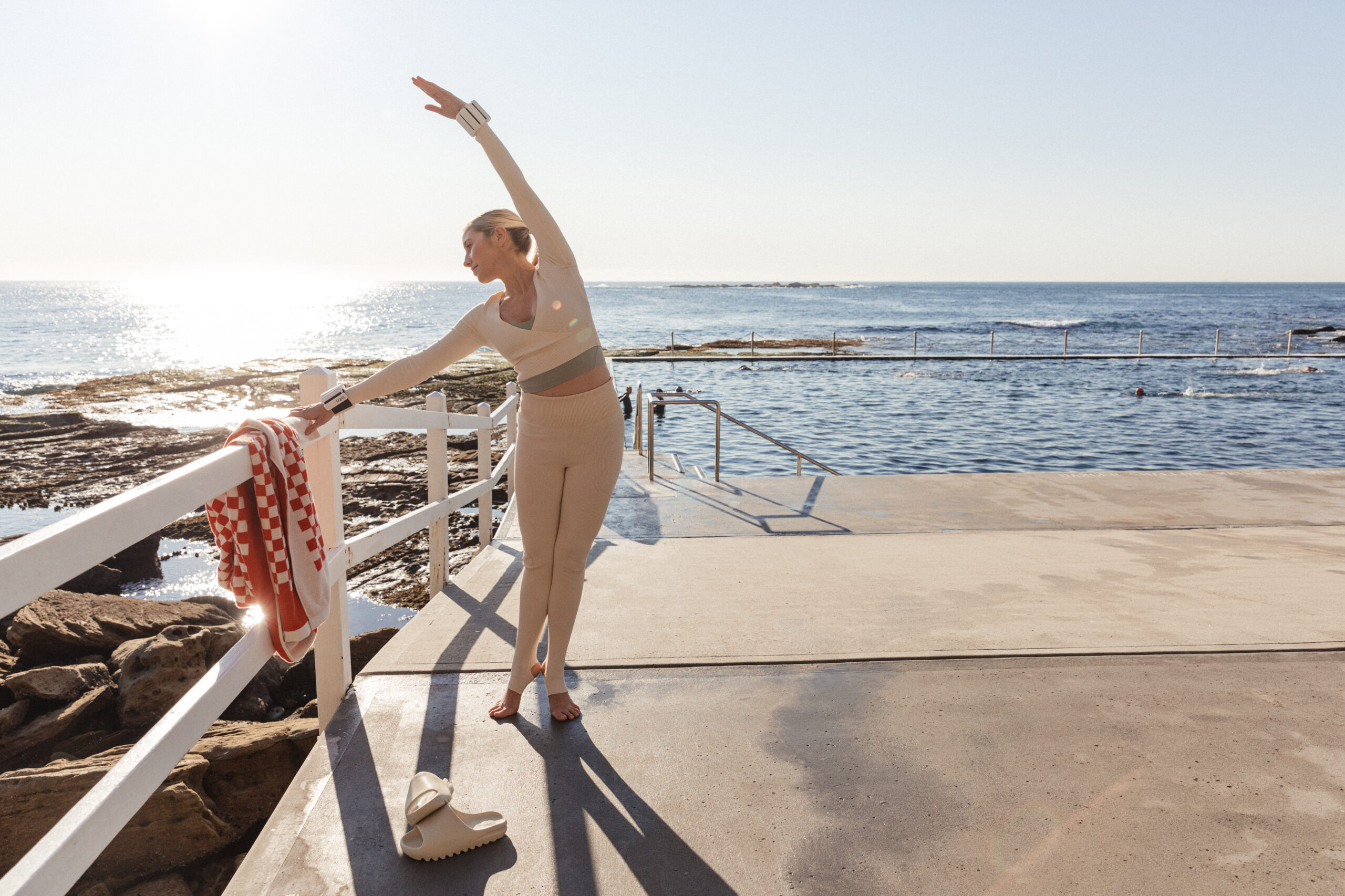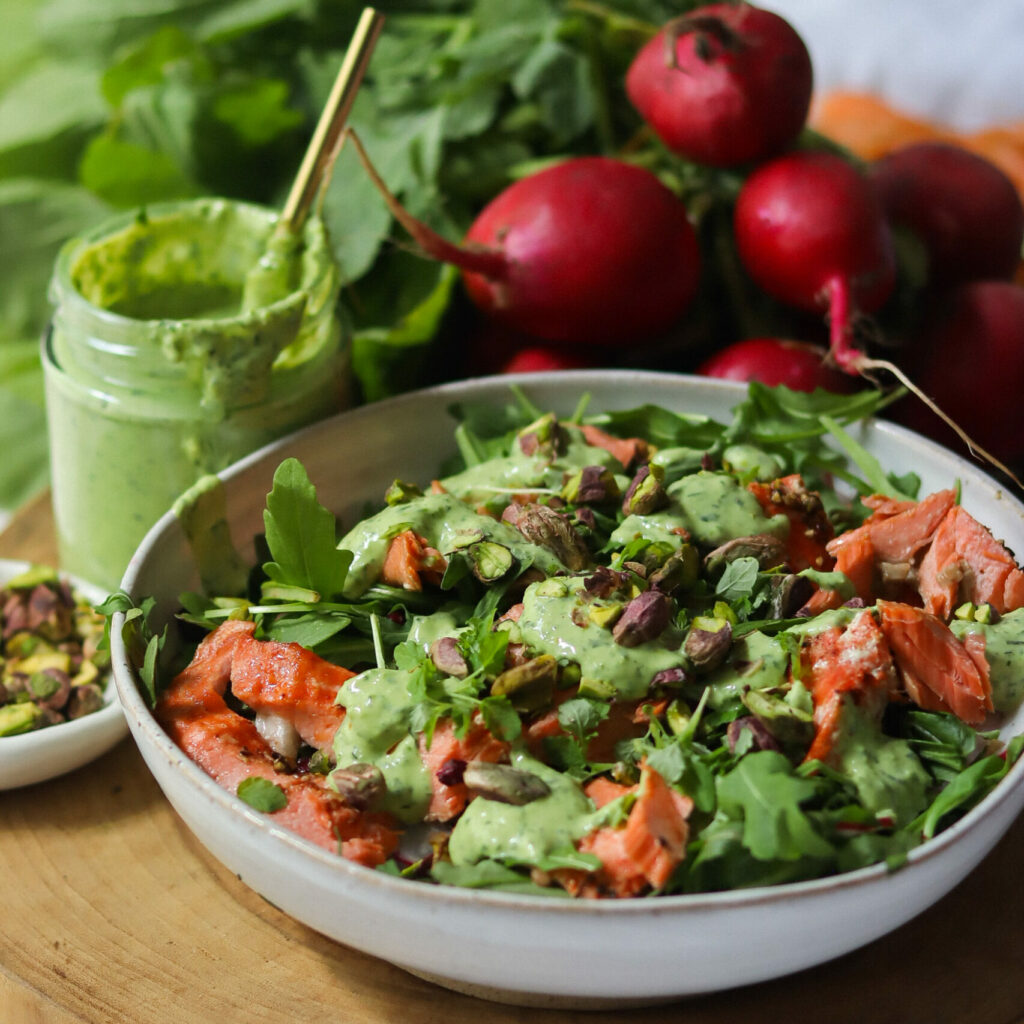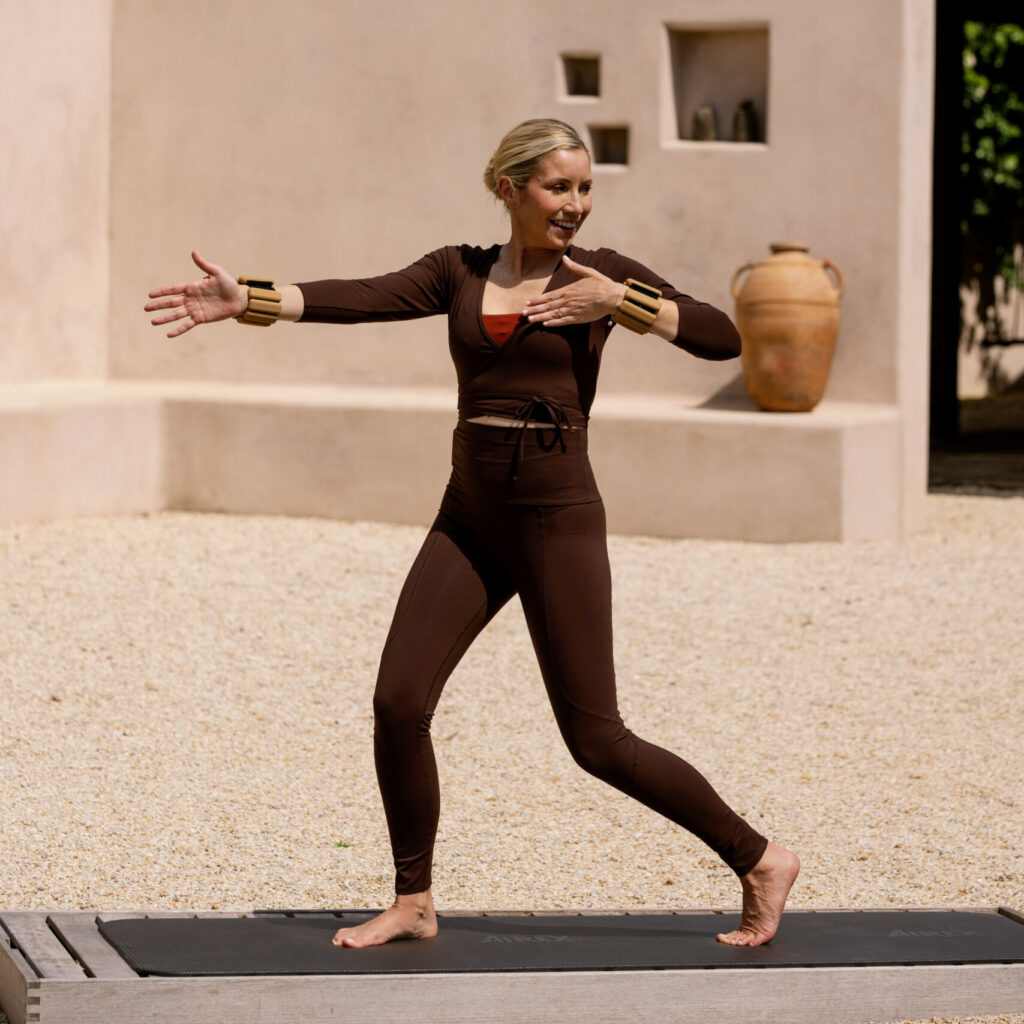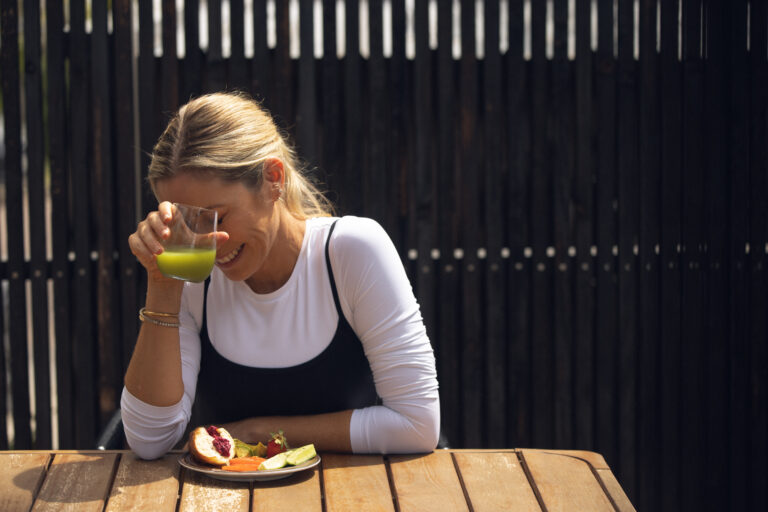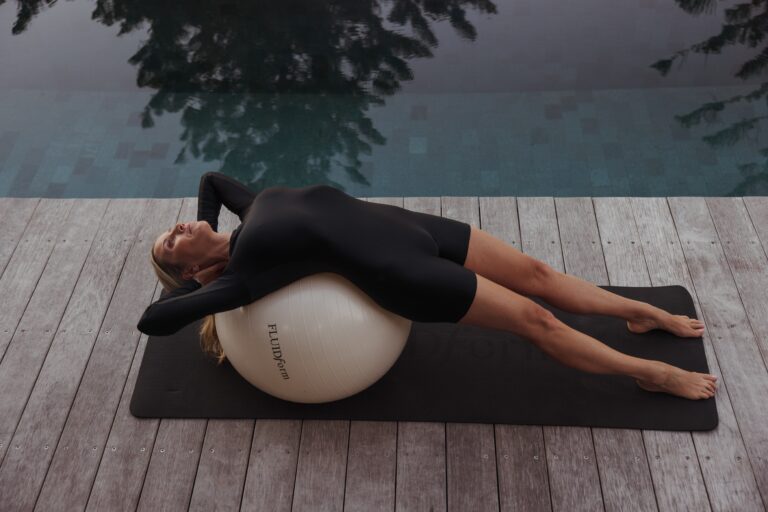Whether you are heading into summer or winter, with changing environments comes changes to our health and nutritional needs. It’s important to focus on what your body needs right now, and change up your routine to feel good, all year round.
Ask yourself, what does your body need right now? Is it time to find a new routine, prioritise your sleep, establish a work / life balance or change up your exercise schedule?
To make it easier for you, here are 6 steps to improve your health and lifestyle, to support your body through seasonal change.
- Go to bed at the same time each night
The end of the year, be it summer or winter, brings social events, deadlines, stress and tension. No matter how busy your schedule is, it is important to prioritise sleep. Because poor sleep is a key driver in the development of many health complaints including anxiety, depression, weight gain, cardiovascular disease, cognitive decline, and difficulty conceiving. It all comes down to our hormonal balance which requires a healthy circadian rhythm and adequate rest.
Aim for 7-9 hours every night. Focus on entering a ‘calm zone’ at least 1 hour before bed. This includes popping your phone down, turning off screens, dimming lights, and enjoying a stress-relieving night-time routine such as a long shower or bath, reading, journaling, listening to a meditation, or enjoying a cup of chamomile, passionflower or withania tea.
- Wake at the same time each morning
Just as we go to bed at the same time each night, let’s focus on getting up at the same time each morning. This is key in not only supporting better quality sleep but also improving energy, mood and productivity. By following a routine like this we are able to reap great benefits – stabilised energy, brighter mood, easier to fall asleep at night, improved alertness and reduced caffeine dependence.
If introducing a sleep routine is new to you, I warn that the first few days will be challenging. But stick with it–Consistency is key.
- Hydrate!
It’s no news that clean water is crucial for our health. We know that dehydration contributes to frequent headaches,increased hunger, slowed weight loss, dry skin, dizziness, and lack of concentration.
There are two ways we can determine how hydrated we are. The first is simply by assessing urine colour – aim for light, almost clear-coloured urine by midday. If urine is dark and orange it is a sign we need more water. The second way we can determine how much water we need is by a quick calculation. The amount of water you personally require can be calculated by weight (in kg) multiplied by 0.03. If, for example, you weigh 80kg then 80 kg x 0.03 = 2.4 L water per day. Remember: the more active you are, the more water you require.
- Eat foods that are in season
Eating seasonally ensures that we are receiving nutrients in high amounts. The less our fruit and vegetables are processed and exposed to different temperatures during transportation, the higher the nutrient status and therefore the more beneficial to our health. The good news is that eating seasonally is easy–make a trip to your local Farmer’s Market and stock up on the available produce. Eating this way also ensures we are getting great variety in our diets.
- Commit to daily movement
Regular exercise is well known to support energy, mood, reduce feelings of stress, anxiety and depression, and is beneficial in supporting healthy weight, great muscle and bone strength, hormonal balance, sleep, and reducing the risk of chronic disease including cardiovascular disease. All you need to do is make the commitment. Start by joining a Fluidform challenge–print out the daily workout calendar and tick off each day as you complete the workout. Soon enough it will become a habit and you will have the motivation to stick to it.
- Prioritise connection
Be it connection with family and friends or connection with nature, we must prioritise this important pillar of health. Getting off our phones and screens and enjoying time outside or with loved ones is known to improve our quality of life and sense of wellbeing. When is the last time you caught up for a coffee with your friends? Or went for a swim in the ocean?
As seasons change, so do our emotions and personal needs. What is important is that we prioritise ourselves and our health. After all, time and health are two precious assets that we often don’t recognize and appreciate until they have been depleted.
–
About the author:
Having been diagnosed with Premature Ovarian Failure two years prior to conceiving her first child naturally, Georgia’s passion lies within helping women overcome their hormonal imbalances through the blend of conventional and complementary medicine. For additional support, you can contact Georgia and her team at Hormone Health Studio via:
